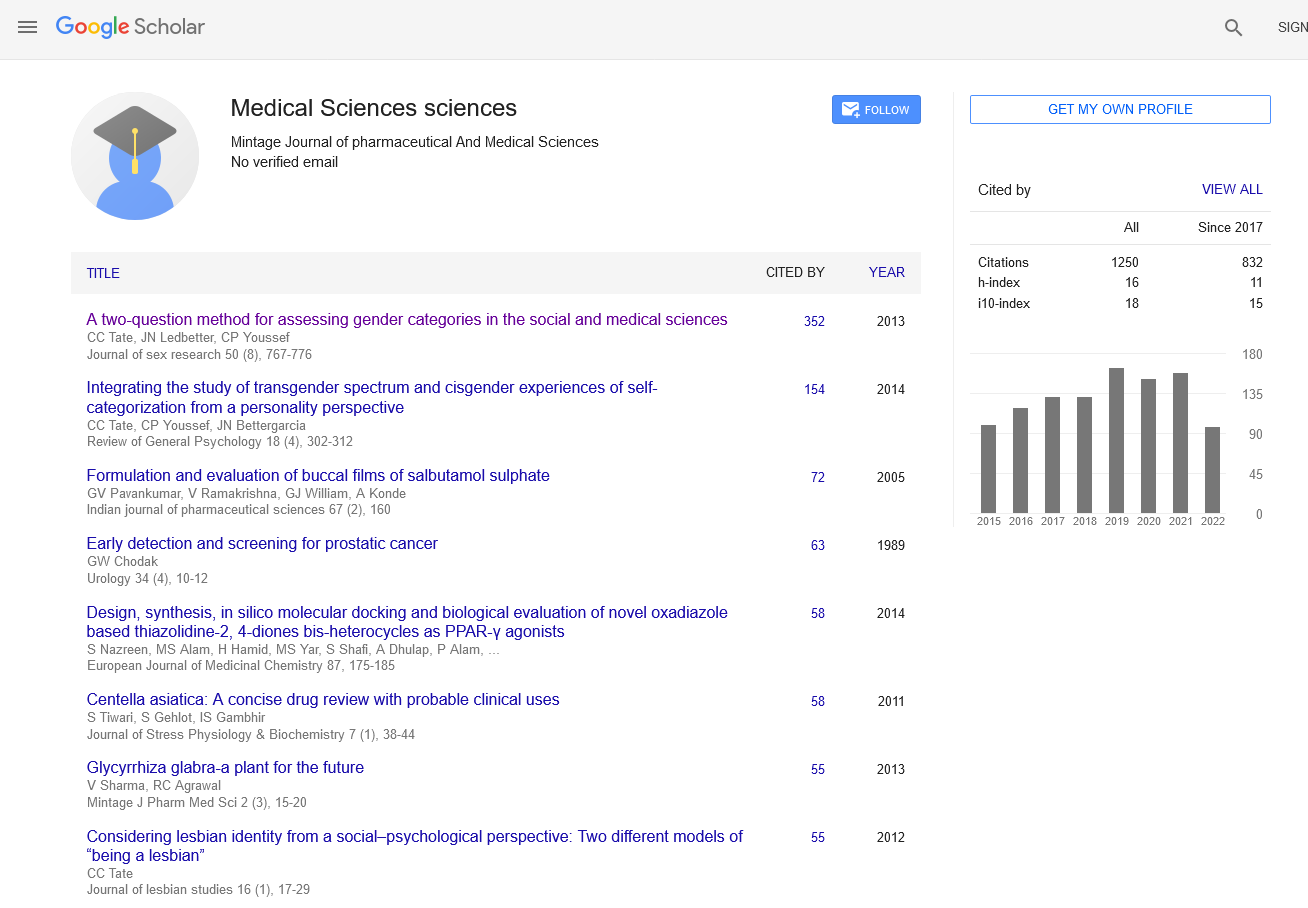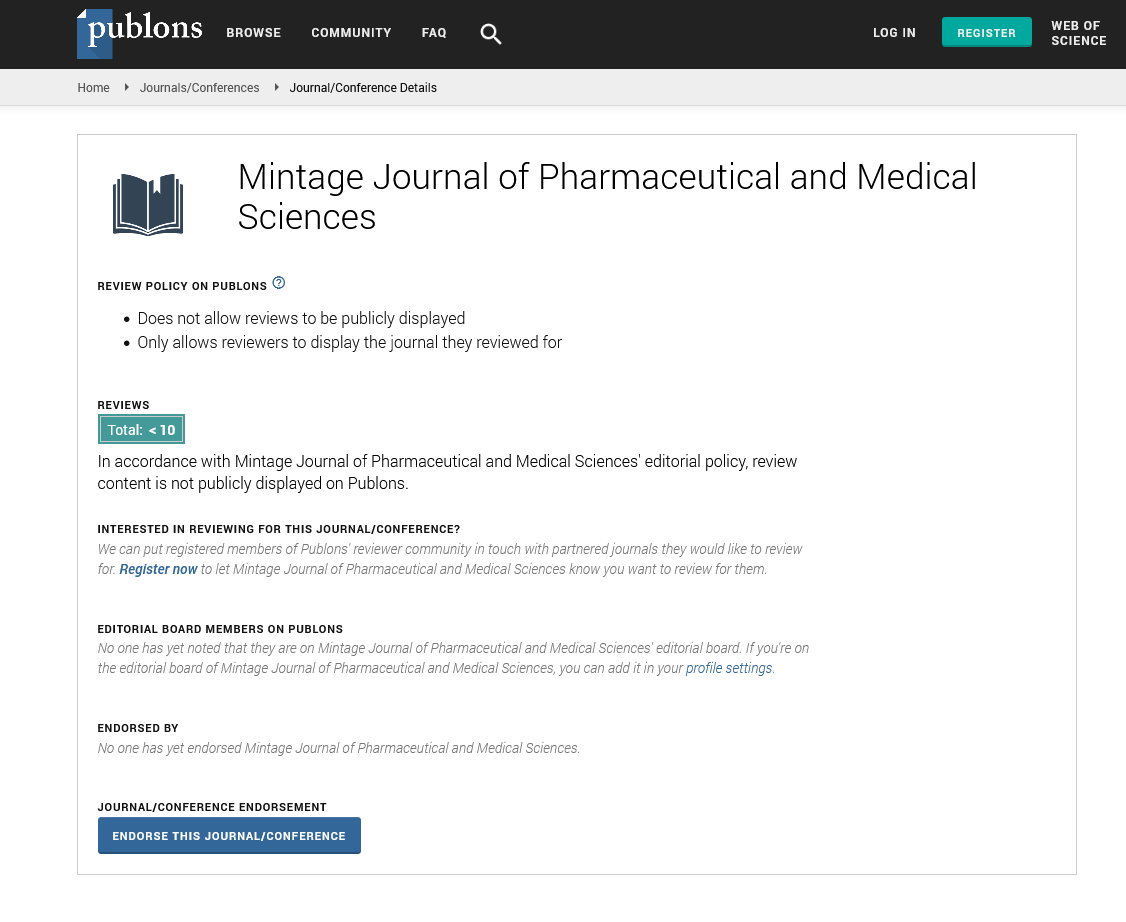The Health Risks of Fast Food Consumption: A Global Public Health Challenge
Opinion - (2024) Volume 13, Issue 3
Introduction
Fast food has become a significant part of modern life, offering quick, convenient, and inexpensive meals to busy individuals. However, the widespread consumption of fast food has raised serious concerns about its effects on health. While fast food is often viewed as a solution for timepressed people, it comes with significant health risks due to its high calorie content, unhealthy fats, excessive sodium, and lack of essential nutrients. Over time, regular consumption of fast food can lead to a range of adverse health outcomes, contributing to the growing global public health crisis.
Description
One of the most prominent health concerns associated with fast food consumption is obesity. Fast food meals are typically high in calories and contain large amounts of unhealthy fats, sugars, and carbohydrates. Portion sizes have increased over the years, encouraging people to consume more than their daily caloric needs in a single meal. These foods often lack the fiber and nutrients found in whole, unprocessed foods, making it easy to overeat and feel unsatisfied, leading to additional calorie intake throughout the day. The excessive intake of calories without adequate nutritional balance causes weight gain and contributes significantly to the obesity epidemic, which is associated with an increased risk of numerous chronic health conditions, including heart disease, type 2 diabetes, and certain cancers. Another serious effect of fast food on health is its contribution to cardiovascular diseases. Many fast food items are rich in trans fats and saturated fats, both of which are known to raise low-density lipoprotein (LDL) cholesterol levels in the blood. High levels of LDL cholesterol increase the risk of atherosclerosis, where the arteries become clogged with fatty deposits, leading to heart attacks, strokes, and other cardiovascular problems. Fast food also contains high amounts of sodium, which can elevate blood pressure, further increasing the risk of heart disease and stroke. Regular consumption of fast food, combined with a sedentary lifestyle, can exacerbate these conditions, making cardiovascular disease one of the leading causes of death in many developed and developing countries. Fast food consumption also has a significant impact on metabolic health. Type 2 diabetes, a chronic condition characterized by insulin resistance and high blood sugar levels, has been closely linked to diets high in fast food. The excessive intake of simple carbohydrates and sugars found in fast food items, such as sugary drinks, desserts, and refined bread, leads to rapid spikes in blood glucose levels. Over time, this constant elevation of blood sugar causes the body to become less responsive to insulin, the hormone that regulates glucose. As a result, individuals who consume fast food regularly are at a higher risk of developing insulin resistance and eventually type 2 diabetes, which can have lifelong implications on health. Fast food’s impact on mental health is also becoming increasingly recognized. Research has shown that diets high in fast food, particularly those lacking in essential nutrients like omega-3 fatty acids, vitamins, and minerals, can negatively affect brain function and emotional well-being. Poor diet quality is associated with an increased risk of depression, anxiety, and other mental health disorders. Furthermore, the high sugar and fat content in fast food can lead to energy crashes, mood swings, and fatigue, exacerbating these mental health issues. This connection between fast food and mental health highlights the importance of a balanced diet in maintaining not just physical, but also psychological well-being.
Conclusion
In conclusion, while fast food may offer a convenient option for busy lifestyles, its long-term effects on health are profound and concerning. The rise in obesity, cardiovascular disease, diabetes, and other health issues is closely tied to the consumption of fast food. To mitigate these risks, individuals must be mindful of their dietary choices, prioritize nutrient-rich foods, and limit their intake of fast food. With greater awareness and improved access to healthier options, the negative impact of fast food on health can be reduced, promoting a healthier society overall.
Author Info
Kannirun Lampan*Received: 02-Sep-2024, Manuscript No. mjpms-24-147950; , Pre QC No. mjpms-24-147950 (PQ); Editor assigned: 04-Sep-2024, Pre QC No. mjpms-24-147950 (PQ); Reviewed: 18-Sep-2024, QC No. mjpms-24-147950; Revised: 23-Sep-2024, Manuscript No. mjpms-24-147950 (R); Published: 30-Sep-2024, DOI: 10.4303/2320-3315/236029
Copyright: © This article is an open access article distributed under the terms and conditions of the Creative Commons Attribution (CC-BY) license (http://creativecommons.org/licenses/by/4.0/)

ISSN: 2320-3315
ICV :81.58

